

Playing online games and especially MMO games, differ from other games in one obvious and huge way: social interactions. It could be everything from bragging about getting a headshot on another player in Titanfall, to planning with your group on how to take down a boss in a dungeon, most of the things we do in online games are interactions with other players. At the front of social interactions stand MMO games, where everything from how to do a quest to talking about you relationship, can and do happen. This opens up for a unique field in which scholars can investigate social interactions like never before, and this article digs deeper into this, examining on how playing games effect our social life, and our trust in one another.
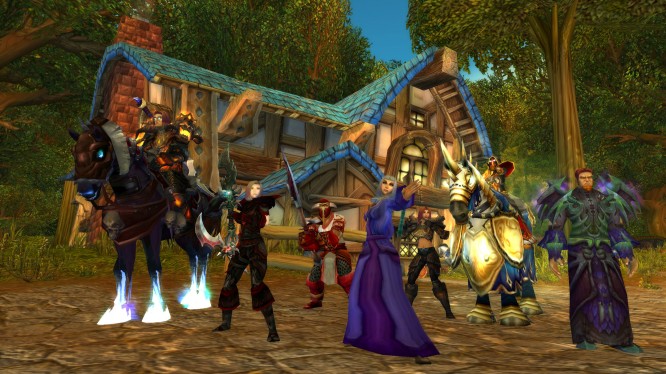
Social interactions are naturally high in MMOs.
While playing MMO games, all players´ are at some point forced to play with other players, whether it is dungeons, raids, pvp or other group content. Like most of us whom play these kind of games know, we will have to cooperate and discuss strategy at some point, but do we trust each other to do what is necessary to complete the objective in front of us? My spontaneous guess is no, we don’t trust the players we are playing with, unless they are close friends from outside the game. But we do trust that they will play their part, since completing the objective in front of us will benefit all players. If we do not trust the people we are playing with online, can we trust people we encounter outside the game? Or is it a difference between the person behind a computer screen, and the person we talk to face to face? To explore this further, let’s turn to the study conducted by Sebastian Lundmark.

How are online encounters different from face to face?
Lundmark investigates to what extent generalized trust can be affected by the experience made in an MMORPG, where he uses a panel study of self-selected World of Warcraft players over the course of four months. He finds that playing World of Warcraft has a more of a negative effect on generalized trust than the non-players in the study have. One possible solution for this which he puts forward, is that there is no face to face interaction. Even if research has shown that there is no decline in social interaction between MMO players and non-players. It could be possible that seeing others have a positive impact. He also finds that this negative effect is to some extent off-set by participation in raiding guilds, so it is possible for positive effects on generalized trust without face to face interactions.
According to Lundmarks study, playing MMO games can have a negative effect on our generalized trusts, but playing with a raiding guild will have positive effects. Given that there has been a lot of controversy in newspapers saying that those who play the most are more socially isolated, this stands in some contrast to that, saying that those who play more are more prone to trust one another. A study by Nicolas Duscheneaut shows that the extent of the social activates in MMO games, have previously been over-estimated, and that the gaming community faces challenges affecting their cohesion and social life. But like all research, there is always two camps in the discursive struggle, and on the other side we find a study by Helena Cole and Mark Griffiths showing positive effects of gaming on player’s social life.
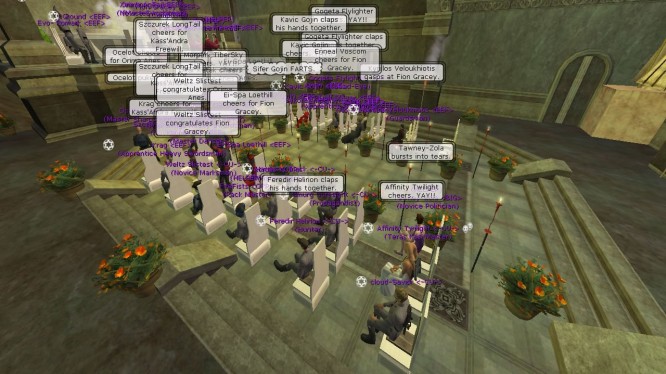
Weddings are not uncommon in MMO games.
Helena Cole and Mark Griffiths study consists of a sample of 912 self-selected MMORPGS players from 45 different countries, where they explore both social interactions within the game, and outside of the game. They find that the MMORPGs are a highly socially interactive environment, providing for great opportunity to create strong friendships. They also find that that there is a high percentage of gamers making life-long friends, both in the game and outside of the game. Seeing this extremely positive study on MMO games, which could be because of the self-selected sample size, it stills opens up the question for how gamers social capital look like, which is something Zhi-Jin Zhong explores further.
Zhong examines what effects playing MMO games could have on the players’ social capital, where he also makes a distinction between offline social capital, and online social capital. As expected he finds a clear positive effect of playing MMO games on the offline social capital, but he also finds that the contacts player make online have spillover effects offline, which in its turn also mean that playing MMO games can have positive effects on the offline social capital. But the bridging effect is still insignificant, and the relationship could be because of the players’ skills in getting contacts both in, and outside of the games, and not because of the games themselves.
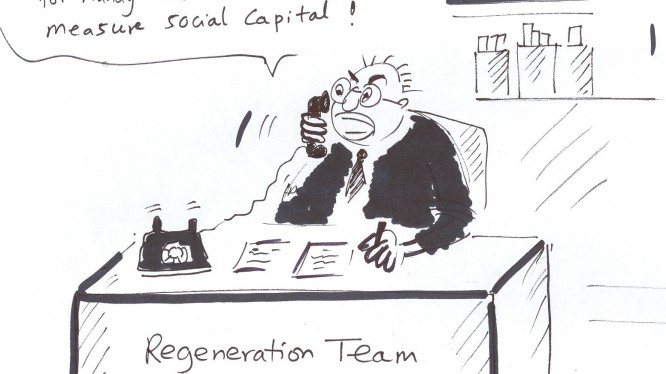
We all need social capital.
MMO games are social games to its core, and this is something all research points too, whether they point at negative aspects or positive aspects of the games, they are socially interactive experiences. At one end of the debate we find scholars with studies on how playing MMO games doesn’t makes us more socially isolated, and how they even can be good for our social life. On the other end we find studies showing how games may seem to be good for our social life, but that the effects are over exaggerated. The thing most important with the research we have looked upon here, is that there is research being done on games and their social aspect, and none of the newer studies being done have a clear agenda behind them, making the future look better for how games are viewed by the public eye.

Social isolation is a myth about online gamers.
Research used in the article:
Duscheneaut, Nicolas., Yee, Nicholas., Nickell, Eric & Moore J, Robert (2006) “Alone together?”: exploring the social dynamics of massively multiplayer online games.
Cole, Helena & Griffiths D, Mark (2007) Social Interactions in Massively Multiplayer Online Role-playing Gamers.
Lundmark, Sebastian (2011) Gaming Together: When an imaginary world affects generalized trust.
Zhong, Zhi-Jin (2011) The effects of collective MMORPG play on gamers´ online and offline social capital.




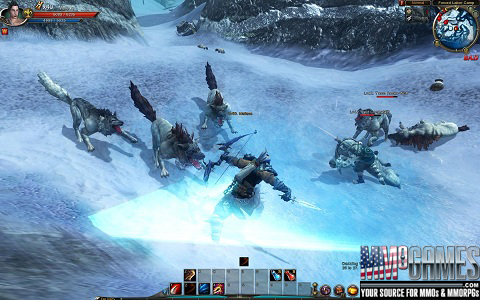 Continent Of The Ninth Seal (C9) First Impressions .
Continent Of The Ninth Seal (C9) First Impressions .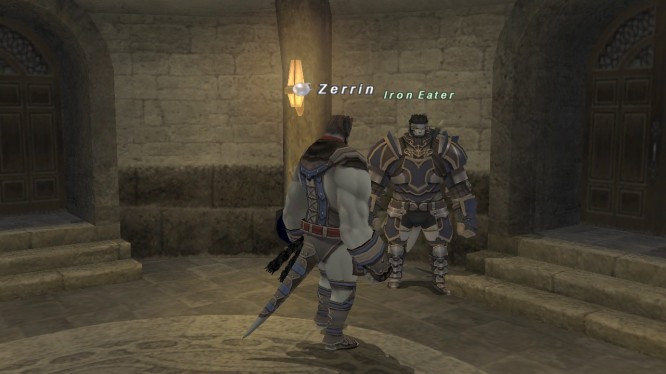 Final Fantasy XI: Losing Two Languages Changes Everything .
Final Fantasy XI: Losing Two Languages Changes Everything .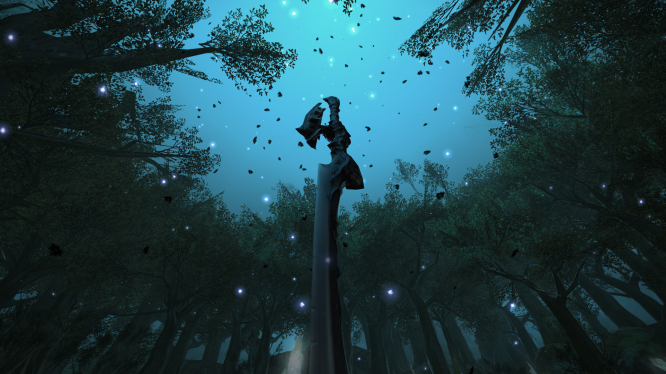 Eorzean Evening Post: Calm After Storm .
Eorzean Evening Post: Calm After Storm .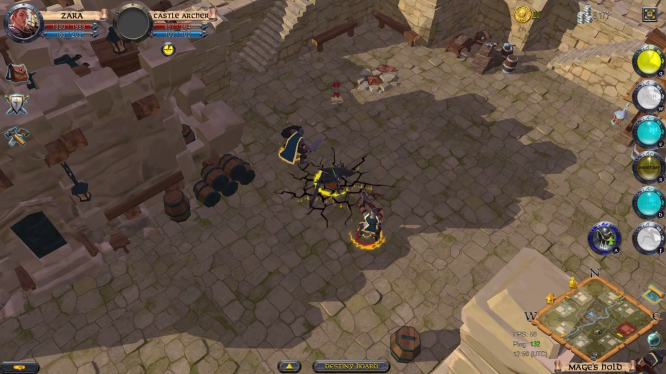 Beta Data: September 12, 2014 .
Beta Data: September 12, 2014 . Blogger Bonanza: Blaugust Week 2 .
Blogger Bonanza: Blaugust Week 2 .